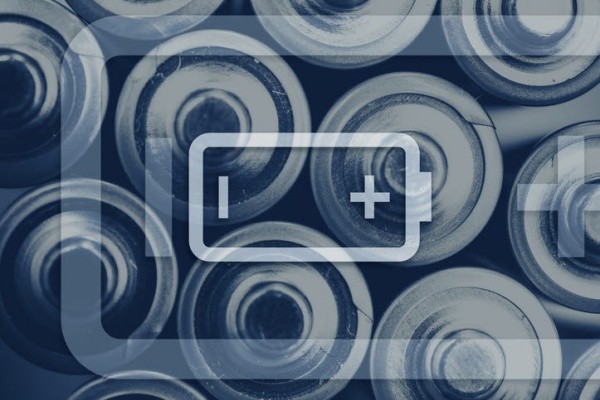The South Korean Government is getting ready to build infrastructures to test “medium and large-sized secondary batteries” that have emerged as an important industry for future generations. Based on a platform that is able to test, analyze, and evaluate key materials and components, it will look to focus on being self-reliant on secondary battery technology. As the global market for medium and large-sized secondary batteries is rapidly growing with electric vehicles and energy storage systems (ESS) at the center, these infrastructures will act as an outpost for securing a global leadership.
According to industries on Monday, the Ministry of Trade, Industry and Energy (MOTIE) is going to push for a project regarding building infrastructures to test and evaluate performance of secondary batteries. It is going to invest around $22 million (25 billion KRW) for three years starting from 2021 and provide testing services similar to actual processes.
Currently, there is not any infrastructure is able to test materials and components of medium and large-sized secondary batteries. Because such infrastructure requires many expensive and large equipment just like the semiconductor industry, it is not easy for small and medium-sized businesses to build such infrastructure.
“We plan to select performing institutions and a location for test center through public participation.” said a spokesperson for the MOTIE. “Working expenses are reflected in a government budget proposal.”
The ministry plans to build infrastructures that are able to analyze and evaluate four key materials (cathode material, anode material, separator film, electrolyte) and other components of 50 Ah medium and large-sized secondary batteries that are used for electric vehicles and ESSs inside the test center. It will look to secure important manufacturing equipment such as mixers, coaters, presses, and slitters to manufacture pilot cells.
It plans to finish building infrastructures and select participating organizations by 2023 and begin providing the service officially. It will also hire equipment professionals for quality evaluation and create new jobs at the same time.

Battery materials and parts industries are welcoming the construction of a testing industrial complex because they believe that the construction will lower entry barriers to the electric vehicle and ESS markets.
Major materials and parts manufacturers that work with LG Chem, Samsung SDI, and SK Innovation currently go through a testing period of six months with their customers. However, small and medium-sized companies usually have to go through a testing period that can last anywhere between one and two years because they have to request separate performance tests from battery manufacturers that have test equipment.
“In order to strengthen competitive edge of South Korea’s battery market, both technologies and professionalism have to be built up throughout the battery materials manufacturing industry.” said an official from the industry. “Although there are many materials manufacturers that desire cooperative work, they have no choice but to strengthen cooperation with the current companies at the moment.”
The industry expects that the completion of a testing industrial complex will reinforce tighter relationships between small and medium-sized battery materials and parts manufacturers and battery manufacturers. Once the current testing period of battery performance gets shortened, the industry expects that there will be more electric vehicles and ESSs equipped with batteries based on South Korean materials.
Another official from the industry said that the ecosystem of South Korea’s battery industry will be more vitalized once there are more cases of small and medium-sized battery materials and parts manufacturers becoming independent.
Staff Reporter Yun, Heeseok | pioneer@etnews.com & Staff Reporter Kim, Jiwoong | jw0316@etnews.com